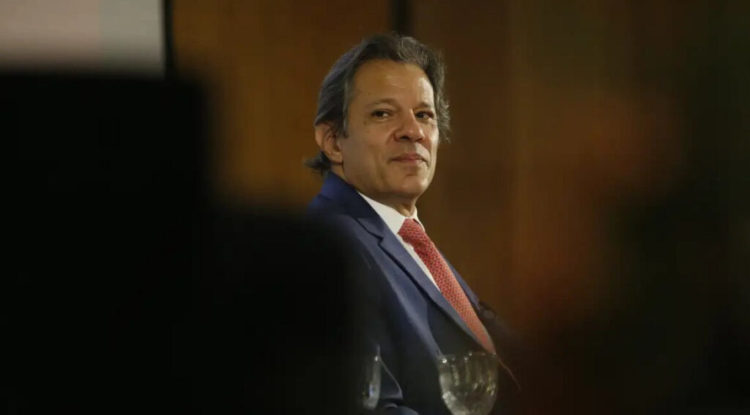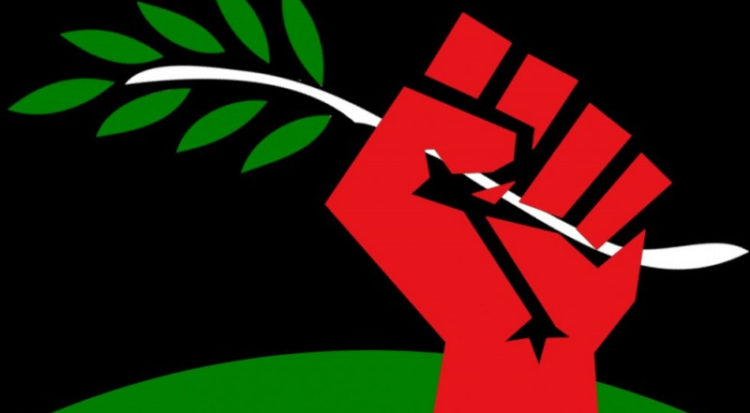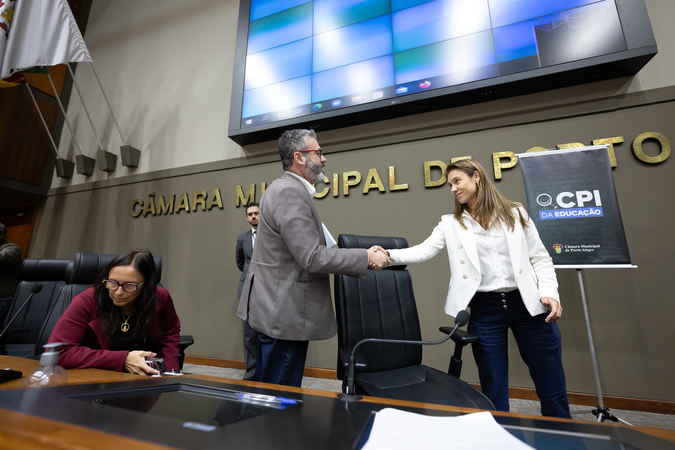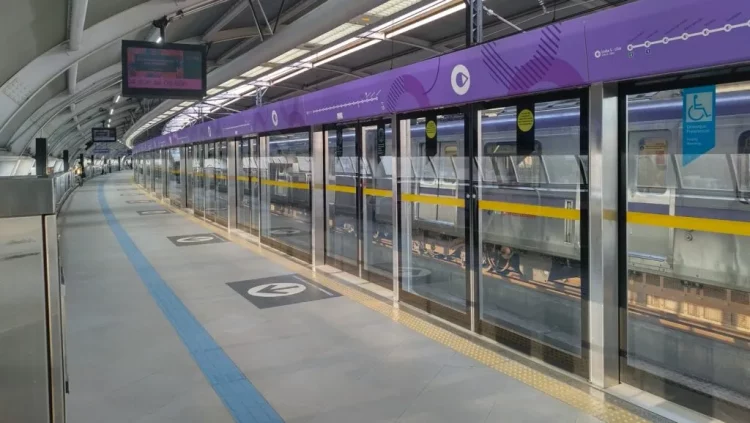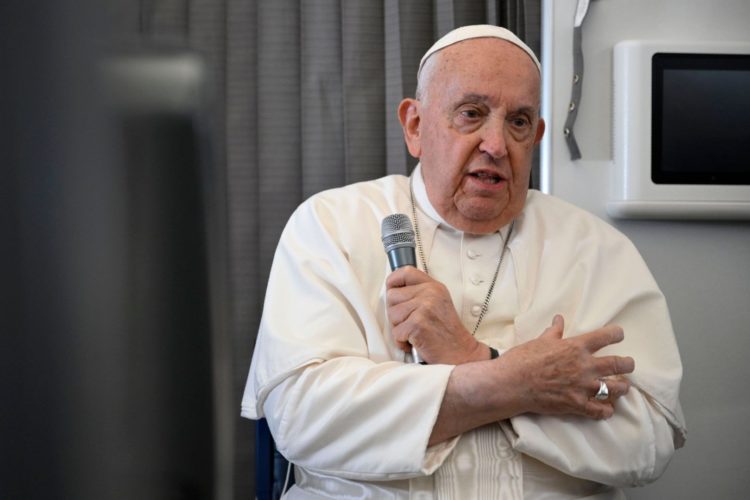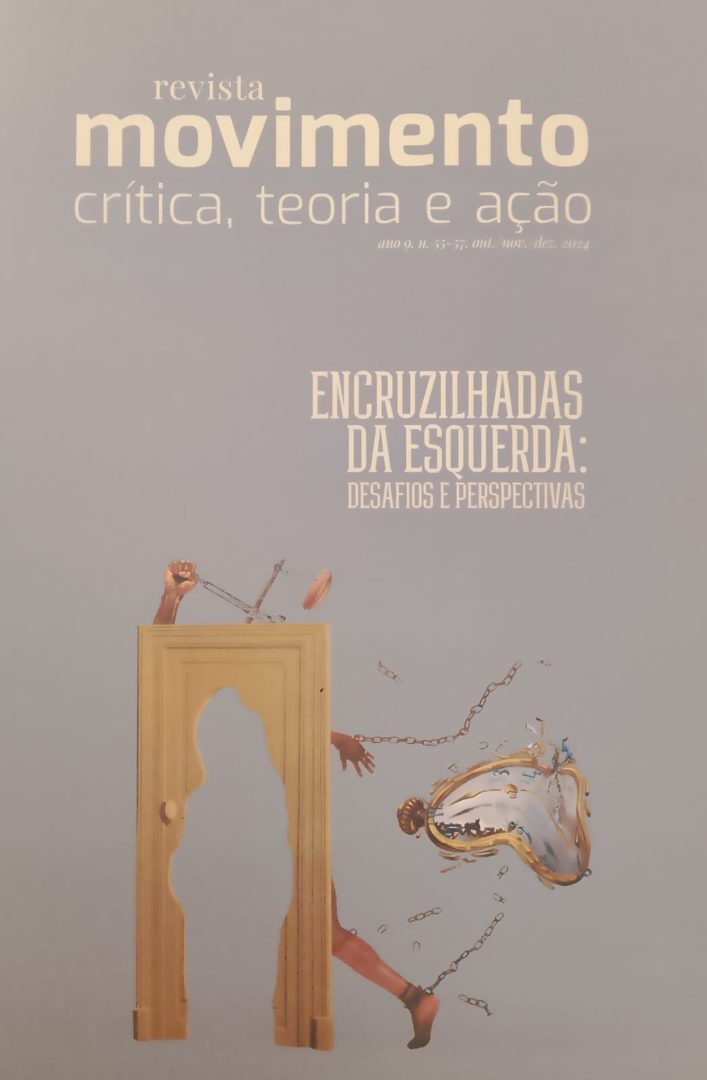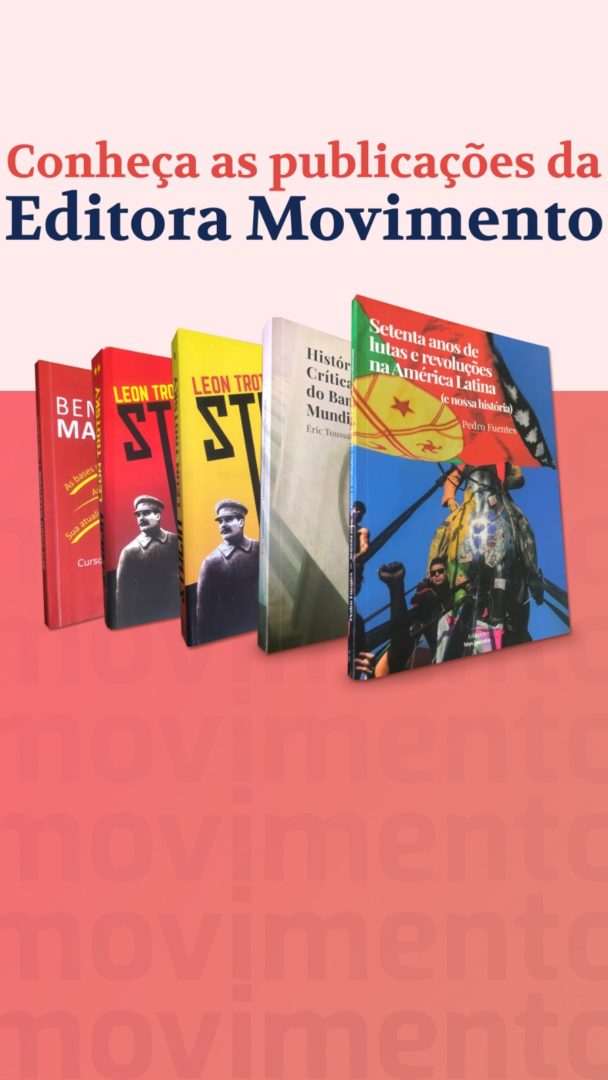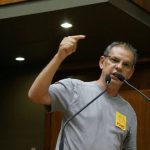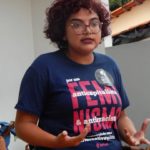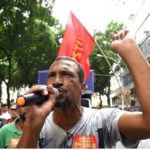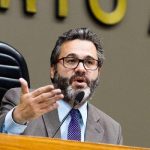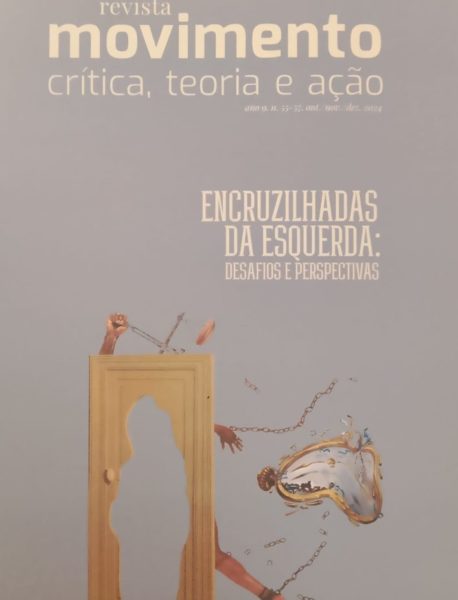What did the polls express in the Paraguayan election?
Directly from Paraguay, an analysis of the recent presidential elections and the paths of the left in the country
On the eve of May 1, Paraguayans went to the polls for legislative and presidential elections. The participation in the electoral process was historic, with a much higher than traditional turnout. The turnout was more than 63%. Something unprecedented in Paraguay. Both in the news, throughout the day, and in the conversations we had, personally, with party activists and inspectors in the electoral colleges, this fact was mentioned. However, just like the polls, the greater popular participation did not collaborate for a progressive vote. However, no one ventured to assess the reasons for the increased popular participation in the election. Election day was calm, with the exception of a few clashes between Colorados and Alliance militants during the composition of the polling stations in some polling stations in other departments.
There was a certain slowness in the voting flow caused by the fact that many voters didn’t know how to operate the electronic ballot box, since this was the second election that Paraguay used the electronic ballot box, added to the fact that it was necessary to move voters from one section to another due to a fire that occurred at the end of September 2022, in one of the Paraguayan electoral justice buildings, which destroyed thousands of electronic ballot boxes that would be used for this year’s election.
Something that became clear to us during this militant visit was how little we know about the politics and struggles in our neighboring country. There is very little information in the traditional press, as well as in the networks.
1) The continuity of the Colorado Party hegemony: The result of the election materialized with a resounding victory for the Colorado Party, which, even worn down by accusations of corruption and public defecations, elected Santiago Peña president of the country with 43% of the votes against 27.5% for Efraín Alegre of the Concertacíon Nacional (a broad front formed by 14 parties). Paraguayo Cubas or as he is better known, Payo Cubas of the Cruzada Nacional party got 23% and Santiago Peña stated in his victory declaration that the Paraguayan people chose “dialogue, fraternity and peace”. However, these “cliché” words do not explain the Colorada victory at all, and neither do the numbers of the polling institutes that did not even come close to capturing the intention of the majority of Paraguayans at the polls. This being the case, it is no less important to characterize Peña’s victory through the eyes of the powerful machine of the Colorado Party, in power for 70 years (with the exception of 2008-2012), which has more than 2.6 million members (compared to 4.8 million voters), a large part of whom are employees of the state and party apparatus, not to mention the entire structure and logistics of mobilization and vote-buying.
Paraguayan society is extremely unequal, even more so than Brazilian society, and the Colorado Party has suffered some major political wear and tear since the election of Mario Abdo in 2018. However, such wear and tear has not been enough to end the Colorado hegemony in Paraguay. This hegemony has been built over almost a century, a period in which the party became imbricated with the Paraguayan state itself. Today, as mentioned above, approximately 70% of the civil servants in Paraguay are affiliated with the Colorado Party, and it controls not only the political posts, but also the great majority of the administrative posts of the State in the most diverse spheres. The party has become so entrenched in the state apparatus that it is difficult to distinguish where the Paraguayan state begins and where the party’s political will ends.
Besides this intertwining with the State, there is the fact that the big Paraguayan and Brazilian bourgeoisie recognizes itself in the Colorado Party, including the bourgeoisie that maintains close relations and businesses with criminal sectors such as drug trafficking.
Horacio Cartez, former Paraguayan president (2013 to 2018), one of the richest men in the country, owner of huge extensions of land, banks and companies, sponsored Peña’s candidacy, both politically and financially. Cartez, who was banned from entering the US in 2018 and had his assets blocked in that country because he was officially branded corrupt by the US government, led the movement within the Colorado Party called “Honor Colorado” that postulated, from the beginning, Peña’s name as a candidate for president.
So, with such power behind him and 70 years of political hegemony, the challenge of beating Peña in this electoral contest was immense. The coalition “Concertacíon para un Nuevo Paraguay”, also called National Alliance or Concertacíon, proposed itself – at least in its speech – to face this challenge.
2) The failure of Efraín Alegre’s candidacy The Concertación is a broad front formed by more than a dozen parties and movements that vary in the political spectrum, from the traditional right to the social-democratic left. Including some parties that make up former President Lugo’s Guasu Front. The Concertación presented as presidential candidate the politician Efrain Alegre, who was a minister under Lugo, and as vice-president the former minister under Timores Cartes, Soledad Núñes. The presence of Núñes on the slate was questioned by sectors of the Guasu Front, and was one of the reasons why Socialist Convergence, the party that makes up the Guasu Front, broke with the Concertación at the end of the second semester of 2022.
Talking to some Paraguayan voters during Election Day, when asked who they believed would win the elections, we heard answers like “It doesn’t matter! One way or another, Cartes will win! He funds both sides!” In other words, in addition to the flexibilization of the Concertación’s program, which did not present itself as a real possibility of change for the Paraguayan voter, the presence of a former Cartes minister on the slate made the voter see the two candidacies, if not as equal, at least as very close. And both, on the electorate’s lips, funded by Cartes! A tremendous strategic error, which resulted in a disaster, as we will see later, because the broad front built by the Concertación Nacional proved to be a political-programmatic and electoral failure. It didn’t manage, unlike some projections, to end the colorado hegemony and, even worse, for not having presented itself as a true opposition, it opened space for Payo to do so.
3) Payo Cubas, the “Paraguayan Bolsonaro polemicist”: Payo Cubas, despite presenting himself as anti-system, has a long political career, he has already been a congressman and senator, having his mandate revoked in 2019 after conflicts within the Paraguayan Senate and calling for the death of 100,000 Brazilians in Paraguay, an amount that, according to him, are of Brazilian bandits in Paraguayan territory. Payo Cubas was, in a way, the big surprise in the electoral process. A surprise not so surprising, for us Brazilians who have already experienced the phenomenon of Bolsonarism in 2018.
The statistical data already cited in item 01 do not explain everything, however we understand that it is worthwhile to make a preamble between the 43% of the votes of the Colorado Party and the 23% of Payo Cubas, a picturesque far-right candidate who presents himself as an anti-system alternative. That is to say, it is possible to deduce that the majority of the Colorado Party’s rigged and committed voters have done their homework. On the other hand, Paraguay has 6.7 million inhabitants and at least 23.5% live below the poverty line. So, the logic leads this precarious and impoverished sector to look for solutions in the opposition. Therefore, it is possible to understand the electoral reach of a candidacy such as Cubas’, who proclaims himself as “anti-establishment”. Although in practice he defends reactionary and absurd ideas, equal or worse than the Brazilian Bolsonarism.
It is not that Payo Cubas has captured the hopes of the poorest. However, he has won the lion’s share of the indignation vote, especially from much of the youth. Therefore, it is necessary to move forward in a concrete characterization of how a newly formed, far-right, dwarf party like Cubas’ Cruzada Nacional obtained 23% of the vote for president and won 4, of the 45 seats in the Paraguayan Senate. On April 9 of this year polls indicated that Cubas had 15% of the vote, less than a month later the polls gave him 23% of the vote. “The polemicist” seems to have succeeded in recent weeks in dehydrating the opposition vote, absorbing for himself a good part of those unhappy with the Colorado government.
Of course, just like Trump, Bolsonaro and the Argentine Javier Milei (presidential candidate in Argentina), Cubas and the National Crusade Party are a distorted expression of a worldwide phenomenon of the advance of the extreme right and neo-fascist ideology. However, the concrete contradictions in Paraguay have paved the way for a reactionary alternative that clashes head-on, at least in appearance, with the political caste, to have gained strength in mass sectors. According to some Convergence activists who have met him personally, Cubas is a political “chameleon,” adapting his discourse according to the audience. A lawyer who provides assistance to large unions and corporations, he has built his political career on polemics and, in the last period, has assimilated a reactionary, nationalist, and ultra-right discourse.
Something that seems to have made him gain more and more sympathy from a sector of the Paraguayan population that is unhappy with the direction of the country and does not see, neither in the Colorados nor in the Concertación, a possibility of change. The xenophobic discourse towards Brazilians is also absorbed by a part of the population due to the fact that Brazilian agribusiness has increased, in recent years, the exploitation and impoverishment of the peasant population in Paraguay. This creates, in this way, a fertile ground for speeches such as Cubas’ when he states the need to “kill 100,000 Brazilian bandits.”
This, coupled with the fact that the Concertación by choosing not to present itself with an anti-systemic program by the Left, and on top of that, keeping a former Cartes minister on the majority slate, opened space for the far right, represented by Payo, to expand its size in votes and popular support, reaching third place in the election. Given that the Colorados obtained a very similar percentage of votes as in the 2018 election, and the Concertación lost votes from the last poll to the time of the polls, with Payo reaching almost 23% of the vote, he seems to have absorbed a good part of the opposition’s votes, and also of the extra percentage of voters that represented an increase in the number of voters in this election.
His campaign, as well as in other countries where the extreme right has strengthened, was based mainly on social networks, in the early morning of the voting day he had 90,000 followers on Instagram, on the same day, in the late afternoon, he already had 100,000 followers, and today (May 1) he reached the mark of 111,000 followers. Something that, for Paraguay, is unprecedented since Instagram itself is still an incipient platform in the country. At this point it is worth a parenthesis on the alert shown by the youth of Convergencia Socialista, where in conversations with some younger militants we were told of the concern that Payo was having an exponential growth in social networks and using them as a tool for dissemination of his ideas.
On the challenges of the Left
The broad front built by the Concertacion Nacional proved to be a programmatic and electoral political failure, Efraín Alegre, who was leading the opinion polls with 38% did not reach 28% less in the polls, ending up close to Cubas. In other words, Efraín, a bourgeois politician from the Liberal Radical Authentic Party (PLRA), also denounced for corruption, who led the broad front – Concertacion Nacional – with 14 parties (right-wing and center-left organizations), who was running for the presidency of the country for the third time, had the advantage in the polls as a candidate who could defeat the hegemony of the Colorado Party and spoke out in favor of opening relations with China, ending decades of Paraguay’s diplomatic relations with Taiwan.
However, even with “populist” proposals in the campaign, he did not manage, unlike some projections, to end the Colorado hegemony and was interpreted by the majority of the people as he really is: a representative of the old politics that for not having presented himself as a true opposition, opened space for Payo to do so. No wonder that from the point of view of the program, Efraín is as neoliberal as the Colorado Party candidate. Only Santiago Peña presented himself as a recycled figure in politics (a 44-year-old economist). But with the power machine in his hands. Therefore, Efraín Alegre and the broad front Concertacíon Nacional, even with the support of factions of the Paraguayan bourgeoisie and with the sympathy of part of the Latin American dominant class, did not succeed in their electoral objective.
The Paraguayan left (Marxists and the center-left), on their part, have demonstrated that they need to gain weight. It is clear that in Paraguay there is no social-liberal party like the PT, nor is there a party with the social and electoral accumulation of the socialist left like the PSOL. This can be seen by observing the results of the candidacy of Euclides Acevedo / Jorge Querey, which only achieved 1.36% of the votes. That is, the Paraguayan left is still in a process of reconstruction since the parliamentary coup that overthrew Fernando Lugo in 2012.
For this reason, we value the tireless work done by the comrades of the Socialist Convergence Party, who are undoubtedly the political organization that is closest programmatically to the PSOL. Therefore, despite the setbacks of the electoral dispute, we are confident that the path followed by Convergencia is the correct one: betting its construction on the class struggle, on real political dispute and on internationalism. Paraguay comes out of this electoral process entering a historical phase of the class struggle very similar to the one we are experiencing in Brazil. It debuts, unfortunately, among the countries that are beginning to see a growth of the far right as a result of the phenomenon of popular discontent toward the capitalist system. At the time of writing, Paraguayan extremists are in the streets, protesting the results of the polls and calling for new elections, not accepting the defeat of Payo Cubas, just as occurred in Brazil with Bolsonaro supporters in late 2022 and early 2023.
The challenge, both there and here, is posed to the Left: either the Paraguayan, Brazilian, and Latin American Left begins to present itself as an anti-systemic alternative to the Left, or we will see, more and more, the extreme right disputing the hearts and minds of the discontented working population. For this reason, the construction of an international unity between the PSOL and the Socialist Convergence Party is important for both parties. Issues like the Binational Itaipu, the advance of Brazilian agribusiness over the peasant populations in Paraguay and the indigenous populations in Brazil, the Agrarian Reform in both countries… need to be debated together by both parties. We need, in a unified way, PSOL and Convergencia Socialista, to think of joint agendas that can be defended in a unified way on both sides of the border.
We understand that both Convergence and PSOL can gain a lot in this process, and in this construction. Our adversaries are the same, and that is why we need to strengthen each other so that we can face them.

